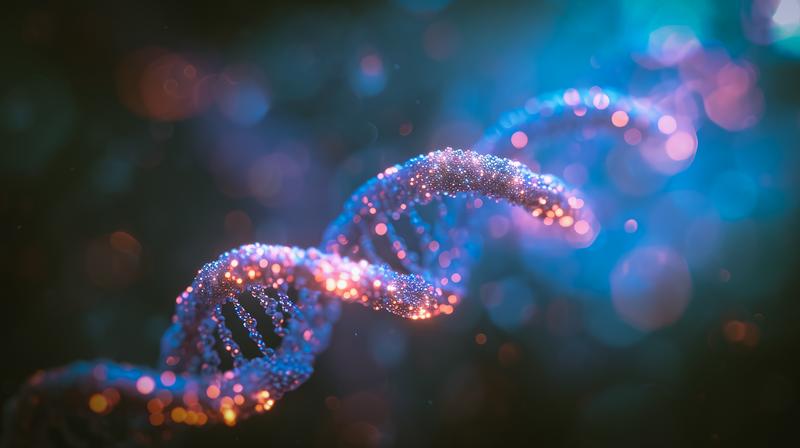Next-generation sequencing (NGS) and polymerase chain reaction (PCR) are both techniques used to identify DNA sequences, but there are significant there are differences. The basic differences between these two technologies are explained in simple terms.
PCR (polymerase chain reaction)
PCR is a method of selectively replicating specific DNA regions in large numbers.Short DNA primers are used to identify the DNA region of interest and the DNA polymerase enzyme is used toreplicate the region thousands or tens of thousands of times.This allows even very small amounts of DNA samples to produce analyzable quantities of DNA.PCR is relatively simple and fast and is suitable for detecting the presence of specific genes.
Next generation sequencers (NGS)
Next-generation sequencing is a technique for sequencing many DNA fragments simultaneously at high speed, in contrast to PCR, which amplifies a single DNA region. NGS begins by DNA randomly fragmented into many small pieces and a short DNA sequence called an adaptor is added to each fragment. These fragments are fixed to a surface called a flow cell, where each fragment is sequenced simultaneously and in parallel. In each cycle, nucleotides with fluorescent markers are added and their fluorescence is read by a laser to determine the DNA sequence.
PCR and NGS.
PCR technology is sometimes used in the NGS process; it is common for PCR to be used to amplify specific DNA fragments during the sample preparation phase of NGS. This PCR step ensures that there is sufficient amount of DNA to be sequenced. However, the main strength of NGS lies in its ability to simultaneously process millions to billions of DNA fragments at a time. This enables a wide range of applications, such as whole genome sequencing, profiling of expressed genes and even the analysis of epigenetic changes.
NGS is sometimes compared to ‘high-volume PCR’ because of its high-throughput nature, with millions of sequencing reactions taking place simultaneously. In reality, however, NGS provides more information than PCR, enabling more complex and comprehensive analysis of genetic information.
Latest Articles
Supervisor of the article

Dr. Hiroshi Oka
Graduated from Keio University, Faculty of Medicine
Doctor of Medicine
Medical Doctor









